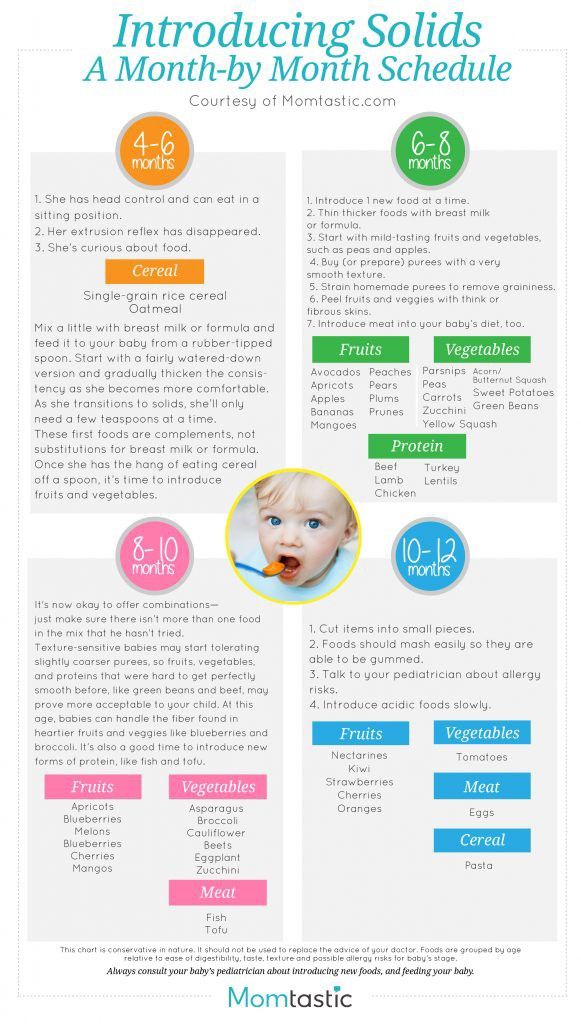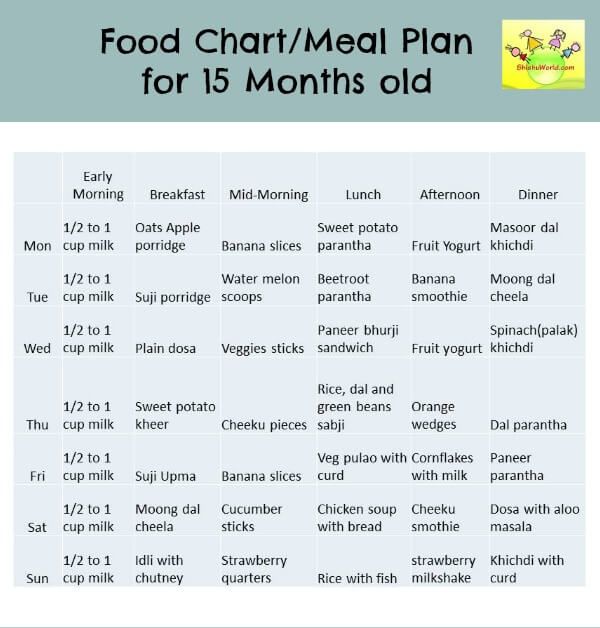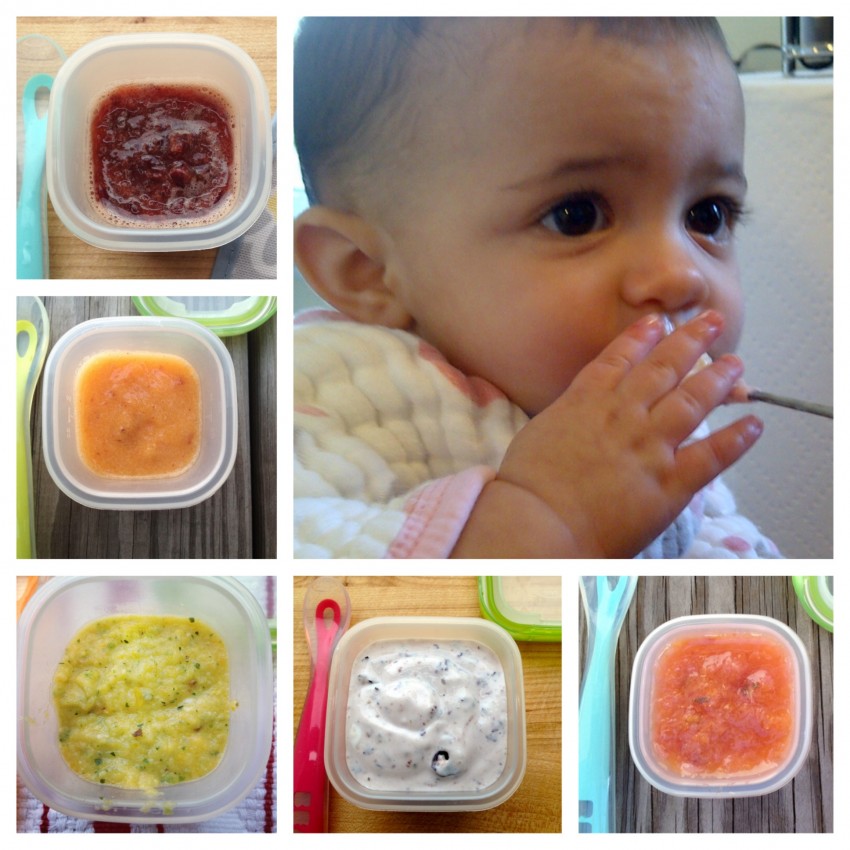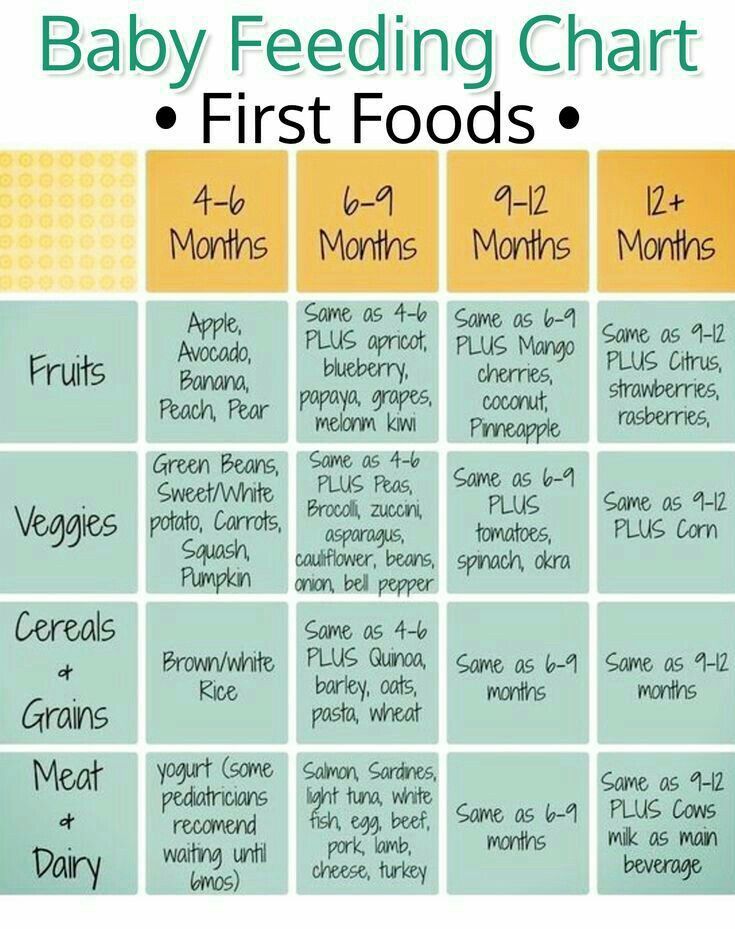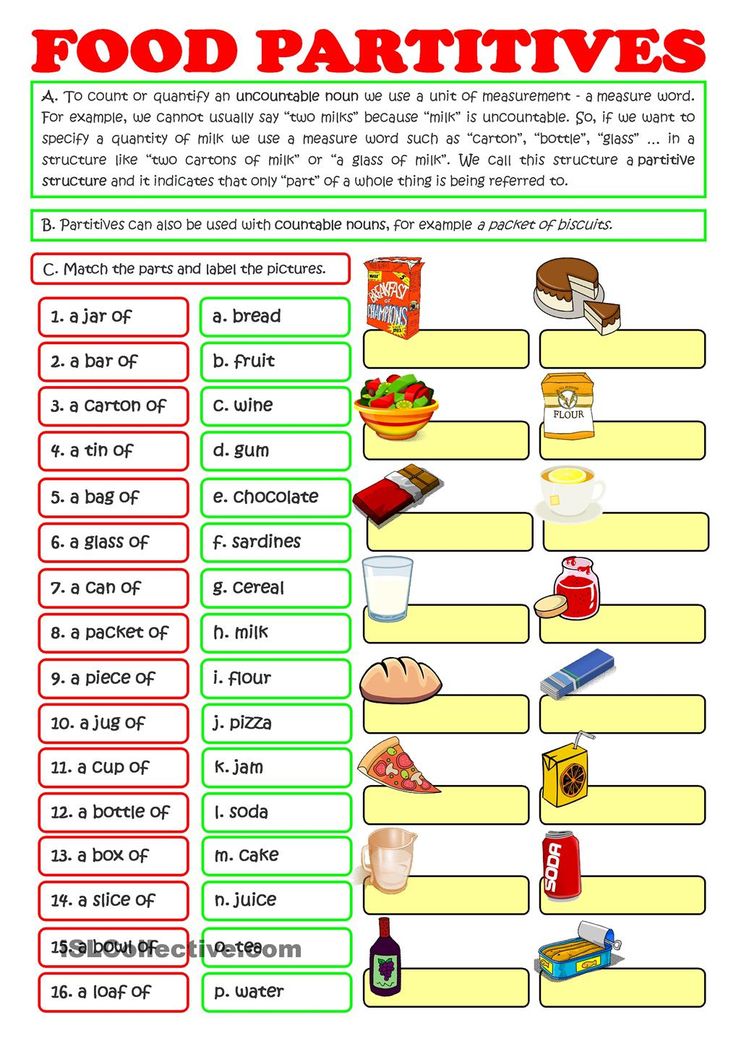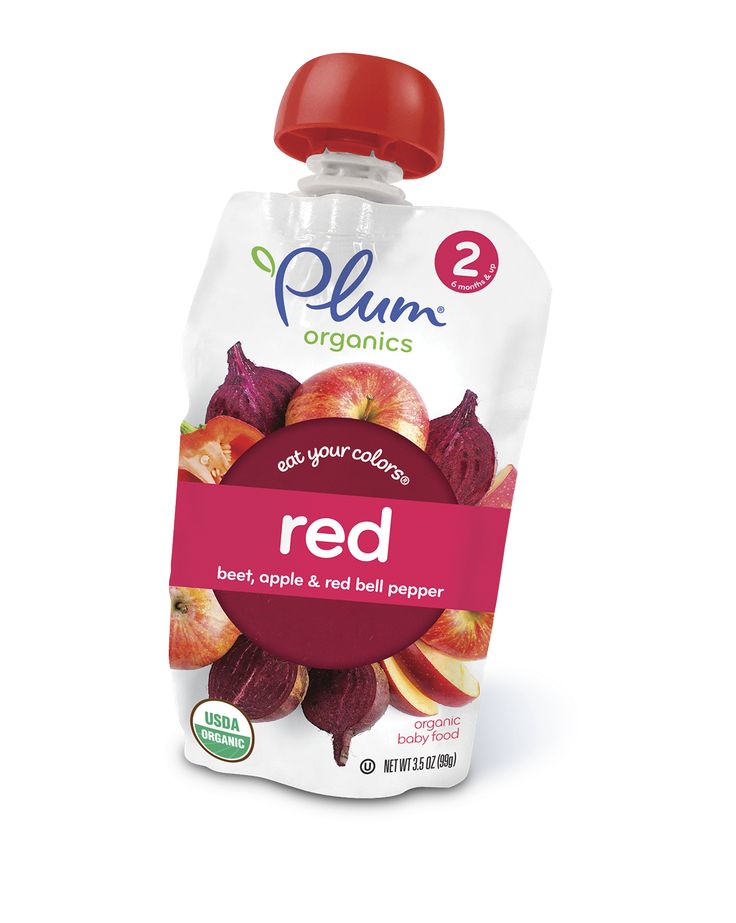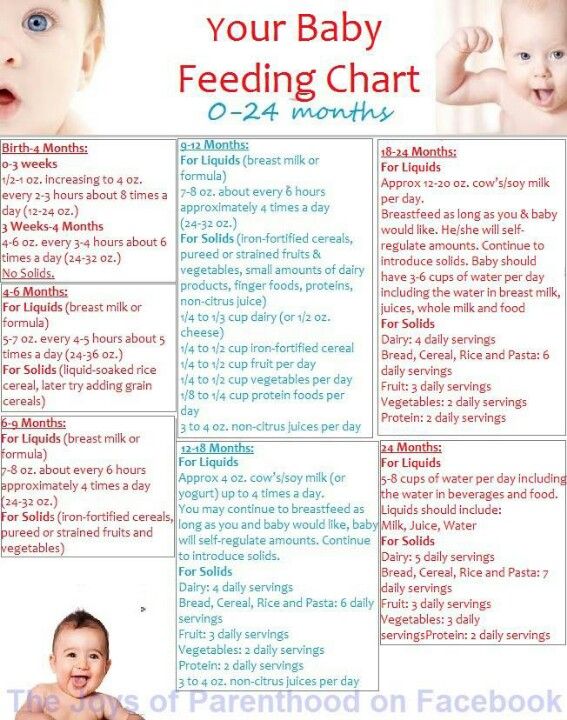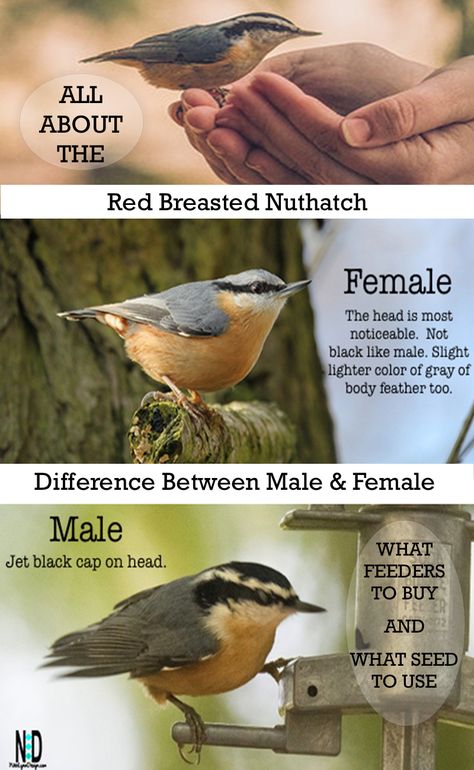How to feed baby egg yolk
When Can a Baby Eat Eggs? Recommendations, Risks, and More
When can babies eat eggs?
Protein-rich eggs are both inexpensive and versatile. You can fry, boil, scramble, and poach eggs to satisfy your baby’s tastes.
In the past, pediatricians recommended waiting to introduce eggs to baby’s diet due to allergy concerns. Current recommendations say there is no reason to wait in many circumstances.
You may begin giving your baby eggs as one of their first foods, provided you watch carefully for allergic reaction or other sensitivity.
Read on to learn more about the benefits and risks of introducing eggs to your baby, and suggestions for how to prepare eggs for your young child.
Benefits of eggs
Eggs are widely available at most grocery stores and farmers markets. They’re inexpensive and simple to prepare. Plus, they can be incorporated in a variety of dishes for breakfast, lunch, and dinner.
Best yet, each whole egg contains around 70 calories and six grams of protein.
The yolk, in particular, boasts some impressive nutritional value. It contains 250 milligrams of choline, which helps to promote normal cell activity.
Choline also helps with liver function and transporting nutrients to other areas throughout the body. It may even help with your baby’s memory.
The whole egg is rich in riboflavin, B12, and folate. It also boasts healthy amounts of phosphorus and selenium.
What are the risks of eggs for babies?
Some foods are known to be among the more common causes of allergic reactions in babies and children. These include:
- eggs
- dairy
- soy
- peanuts
- fish
Pediatricians used to recommend waiting to give baby the whole egg, meaning the yolk and white, until after their first birthday. That’s because up to two percent of children are allergic to eggs.
The yolk of the egg does not hold proteins associated with allergic reaction. The whites, on the other hand, hold proteins that have the potential to produce a mild to severe allergic reaction.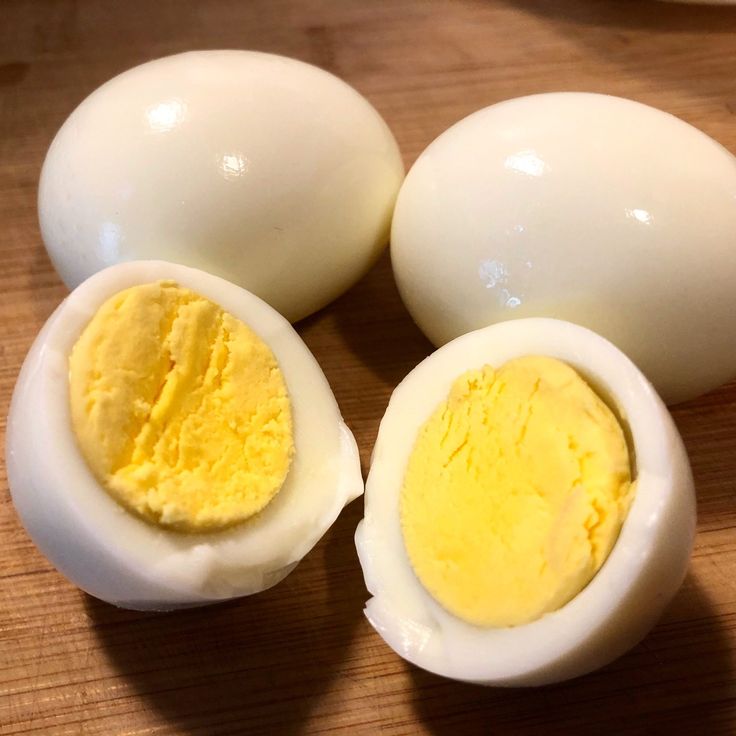
If your baby is allergic to these proteins, they may experience a range of symptoms.
Researchers used to believe that introducing eggs too early might cause allergy. A 2010 study of nearly 2,600 infants uncovered, however, that the opposite may be true.
Babies exposed to eggs after their first birthdays were actually more likely to develop egg allergy than those babies introduced to the food between 4 to 6 months old.
Signs of an allergic reaction or sensitivity
When a person has a food allergy, their body responds to the food as if it’s dangerous to the body.
Some children’s immune systems are not fully developed and may not be able to handle certain proteins in the egg white. As a result, if they are exposed to eggs, they may feel sick, get a rash, or experience other allergic reaction symptoms.
Allergic reactions can affect the skin, or the digestive, respiratory, or cardiovascular systems. Symptoms may include:
- hives, swelling, eczema, or flushing
- diarrhea, nausea, vomiting, or pain
- itching around the mouth
- wheezing, runny nose, or trouble breathing
- rapid heartbeat, low blood pressure, and heart issues
The severity of symptoms may depend on your child’s immune system and the amount of eggs consumed. In rare cases, a baby may have a more serious reaction called anaphylaxis.
In rare cases, a baby may have a more serious reaction called anaphylaxis.
Symptoms of anaphylaxis include breathing issues and drop in blood pressure. Anaphylaxis is a medical emergency that requires urgent medical help.
The tendency to have allergies is often hereditary. If someone in your family is allergic to eggs, you may want to use caution when introducing eggs to your baby.
If your baby has severe eczema, you may also exercise caution introducing eggs, as there is a link between this skin condition and food allergies.
If your baby is allergic to eggs, it’s possible they may outgrow the allergy later in life. Many children outgrow egg allergies by age 5.
How to introduce eggs
From 7 months old forward, your baby should be eating between one and two tablespoons of protein twice a day.
Although current guidelines don’t include waiting to introduce eggs to your baby, you may still want to ask your pediatrician their recommended timeline.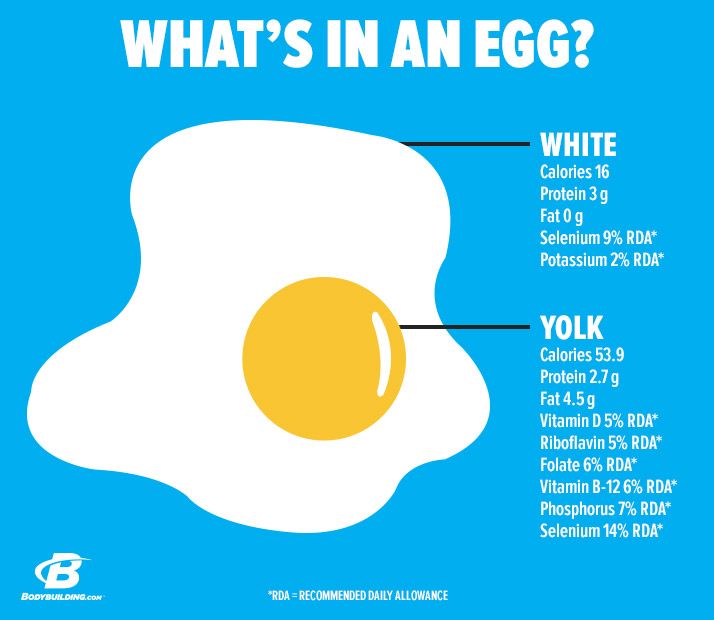
When introducing new foods to baby, it’s always a good idea to add them slowly and one at a time. That way you can watch for potential reactions and have a good idea about which food caused the reaction.
One way to introduce foods is the four-day wait. To do this, introduce your child to eggs on day one. Then wait four days before adding anything new to their diet. If you notice any allergic reaction or other sensitivity, contact your child’s pediatrician.
A good first place to start with introducing eggs is with the yolks only. Here are some ideas for how to add egg yolk to your child’s diet:
- Hard boil an egg, peel off the shell, and take the yolk out. Mash it together with breast milk, formula, (or whole milk if your baby is over 1 year old). As your baby begins eating more foods, you may also mash the yolk with avocado, banana, sweet potato, and other pureed fruits and vegetables.
- Separate the yolk from a raw egg. Heat up a fry pan with some oil or butter.
 Scramble the yolk with breast milk or whole milk. You can also add a tablespoon of pureed vegetables already included in your child’s diet.
Scramble the yolk with breast milk or whole milk. You can also add a tablespoon of pureed vegetables already included in your child’s diet. - Separate the yolk from a raw egg. Combine it with a half-cup of cooked oatmeal and fruits or veggies. Scramble until cooked. Then cut or tear into grabbable pieces.
Once your child is a year old or your pediatrician green-lights the whole egg, you may try scrambling the whole egg with either breast milk or whole milk. You may also add whole eggs to pancakes, waffles, and other baked goods.
Simple omelets with soft vegetables and cheeses are another great way to add whole eggs to your child’s day.
Takeaway
Eggs are now generally considered a safe early food for babies.
If you have a family history of allergic reaction to eggs, or your baby has severe eczema, talk to your pediatrician before introducing eggs to your baby as they start solids.
Your pediatrician is your best resource for what will work with your individual child.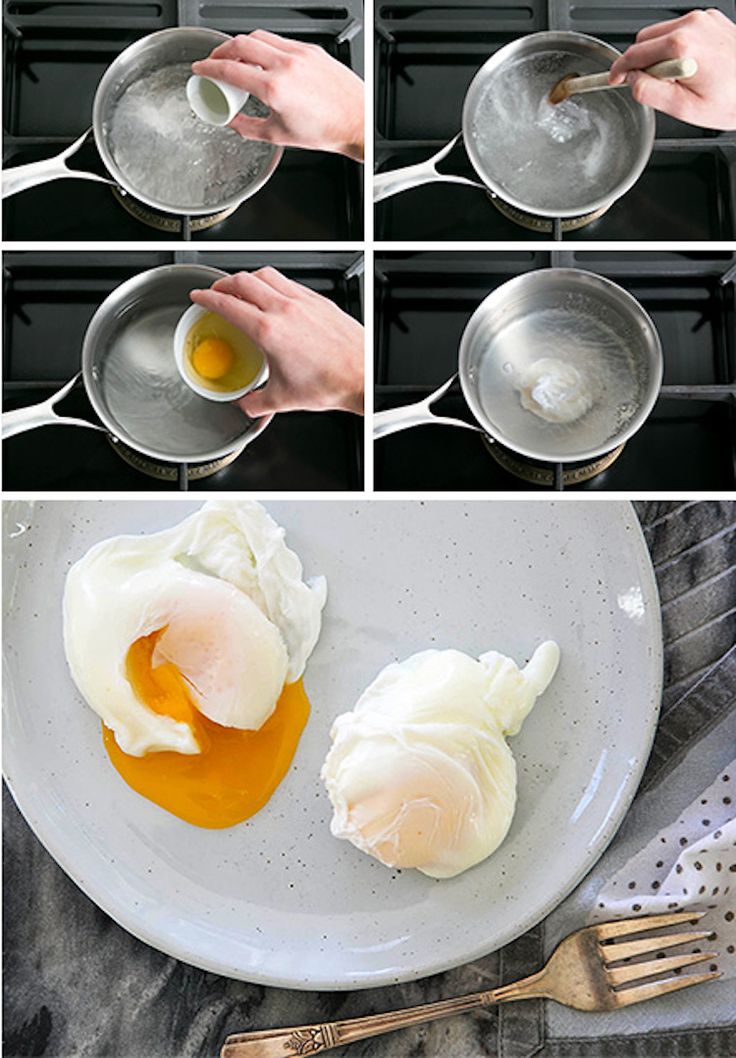
If you do suspect that your child is allergic to eggs, keep in mind that eggs are in many baked goods and other foods, often as a “hidden” ingredient. Read labels carefully as you introduce foods to your little one.
Egg Yolks For Babies — Oh Baby
Written By Carley Mendes
While I believe in eating whole foods, I prefer to feed younger babies egg yolks only. Their stomachs are small, so whatever food they eat should be as nutrient dense as possible. Egg white omelets were the rage for a while, but the truth is: nutritionally speaking, egg yolks trump whites. The whites have mostly protein, sodium and potassium, but the yolk is where the most beneficial nutrients are found. They are stocked with B vitamins, healthy fats, choline, and the harder to obtain fat-soluble vitamins A & D.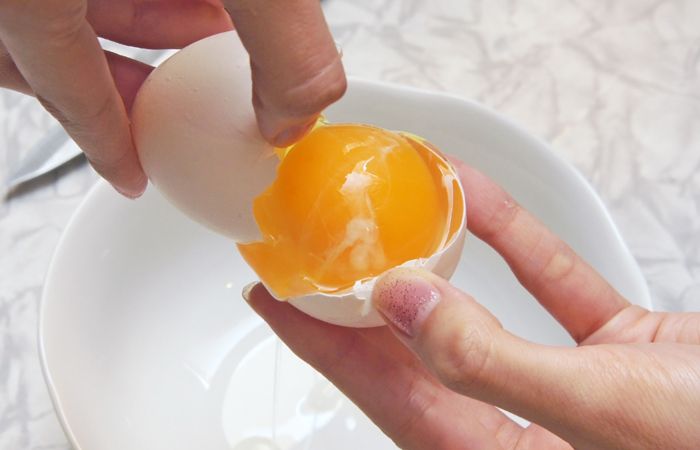 Also, allergies and sensitivities to the proteins found in egg white are much more common.
Also, allergies and sensitivities to the proteins found in egg white are much more common.
Dear cholesterol, I know it’s not your fault. You were only trying to help.
The cholesterol in eggs and other foods has been heavily demonized, but the role that cholesterol plays in our health has been gravely misunderstood.
Most modern diseases are brought about by chronic inflammation. Not the kind that occurs after an injury, but the kind that is happening at a cellular level. The suspected culprits of this inflammation are smoking, processed food, pollution, and stress. One of the biggest dietary contributors is our imbalance of omega-6 fats (inflammatory) to omega-3 fats (anti-inflammatory) due to industrial seed oils like vegetable and canola.
This inflammation causes damage to our arteries and our bodies try to heal and repair by using cholesterol to patch the damage. The more damage that continues to occur, the more cholesterol our bodies use to line the inside of our arteries with, causing atherosclerosis. Unfortunately, cholesterol is found at the scene of the crime “clogging” the arteries, when it was actually used by our bodies as a defense mechanism against damage. We are then prescribed low cholesterol diets, which is clearly a misdirected prescription.
Unfortunately, cholesterol is found at the scene of the crime “clogging” the arteries, when it was actually used by our bodies as a defense mechanism against damage. We are then prescribed low cholesterol diets, which is clearly a misdirected prescription.
Babies need cholesterol
Mother Nature provides babies with the perfect food: breast milk, with all of the essential nutrients infants need to thrive. Breast milk a rich source of cholesterol, providing close to six times the amount most adults consume from food. It is a very important component of breast milk and crucial for the health and development babies.
Cholesterol is:
essential for optimal brain development and function,
an important component to all cells of the body,
needed to strengthen the intestinal wall in preparation for digestion of solid foods,
vital to hormone production,
necessary for vitamin D conversion.

At present time, infant formulas do not contain cholesterol, so it’s important for formula feed babies to receive cholesterol rich foods when solids are introduced.
Vitamin D, the sun, & cholesterol
You may know that we obtain vitamin D from the sun, but did you know that the cholesterol on our skin is what makes this process possible? Again Mother Nature provides us foods with the perfect symbiotic relationship.
Foods containing cholesterol > also contain vit D3 > and contain fat (needed to absorb the vitamin D).
That’s why getting vitamin D from foods and the sun is more effective than from supplementation. This is another complication of eating a low cholesterol diet, because they also typically equate to a diet deficient in vitamin D.
Egg yolks as finger food
Egg yolks make a wonderful first food for babies. They contain an easily absorbable iron (heme iron) that babies start to require more of around the time solids are introduced. If the eggs are pasture raised they also contain the powerful fat needed for babies brains, DHA.
Egg yolk was the first food I offered my son, but it was from a boiled egg which crumbled and was hard for him to pick up. The following method of preparing egg yolks is much easier for babies to handle, especially younger babies who haven’t fully developed their pincer grasp yet.
Using a spatula, try guiding the yolks into somewhat of a rectangle shape as they cook.
Let the yolks cool and cut lengthwise into strips for an easy, nourishing finger food.
Babies & ToddlersRecipes
Carley Mendes
Baby yolk - when to introduce complementary foods, what is useful
At the age of 7 months, a new product appears in the baby's diet - an egg, or rather, an egg yolk. It is unique, because in its small volume essential fatty acids (necessary for the development of the nervous system, for the regulation of metabolism), many trace elements (iron, zinc, iodine, potassium, phosphorus, manganese) and vitamins, including such an important and the right vitamin D.
However, for all their value, chicken eggs (especially protein) are one of the leaders in the sad list of foods that cause food allergies. Therefore, it is necessary to introduce them into the diet, but this must be done carefully:
Talk to your pediatrician about the best age for your baby to be introduced to a new complementary food. Usually, the yolk is recommended to be introduced into the diet from 7 months. But, perhaps, having assessed the state of health of the baby, the pediatrician will offer to introduce it a little later.
Do not give protein. It is protein that most often causes allergies, and therefore it is not worth giving whole eggs right away. This also applies to egg dishes (for example, omelettes). They are offered to children after a year or a year and a half (if allergic reactions have previously occurred). nine0003
Hard boil. Babies can only be given hard-boiled eggs. This reduces the risk of getting sick with salmonellosis and at the same time slightly reduces the potential allergenicity of the product.
Benefits of egg yolk
Egg yolk is easy to digest, contains many vitamins and minerals necessary for healthy development and rapid growth of the baby. Among them:
vitamin A - to strengthen the immune system, growth of bone tissue and hair, visual acuity; nine0003
B vitamins (thiamine - B1 and riboflavin - B2) - for the development of the nervous system, maintaining carbohydrate metabolism and metabolism in general;
vitamin D - for the prevention of rickets and strengthening of bone tissue, as well as for the regulation of metabolic processes;
vitamin E - to prevent anemia, improve tissue regeneration and growth;
vitamin K - to regulate blood clotting, bone formation;
iodine - for the health of the thyroid gland, the full development of the brain and the entire nervous system, the maintenance of immune functions; nine0003
polyunsaturated fatty acids - for the functioning of the immune and nervous systems;
Lecithin - to regulate metabolism, brain development, liver cell growth;
iron, phosphorus, potassium - to strengthen the immune system, prevent anemia, rapid growth.
In the first year of life, the child should receive enough nutrients, minerals, vitamins with food. Egg yolks are rich in them, so it is very important that they appear in the baby's diet on time. nine0003
When and how to introduce the yolk into complementary foods
According to the National Program for Optimizing the Feeding of Infants in the First Year of Life in the Russian Federation, the yolk appears in the baby's diet at seven months, but sometimes it is introduced at a later age. It depends on how the introduction of complementary foods goes in general, how the child reacts to new products. For example, if he is prone to food allergies, he may need more time to adapt to a new diet. nine0003
By the time the egg yolk appears in the diet, the baby should already be familiar with vegetable and fruit purees, dairy-free cereals. At 6–7 months, meat is also introduced and sometimes cereals from previously unfamiliar cereals or milk (usually by six months the child is already familiar with several types of cereals). In order not to provoke a food allergy and control the reaction to complementary foods, it is important to introduce new foods one at a time.
There are several rules that are important to follow when introducing yolk into the diet:
For the first few times, give your baby a new food in the morning so that reactions can be assessed throughout the day.
The yolk should be given starting with a small amount - just a few crumbs. If there are no negative reactions, in 3-4 days you can bring the volume up to ¼.
Powdered product can be added to porridge or vegetable puree for a more familiar taste.
· The yolk can only be given hard-boiled. You don't need to use salt or sugar. It is enough to boil the egg, remove the yolk and knead it well to a puree-like consistency. nine0003
· Only fresh chicken or quail eggs can be used for feeding up to a year.
· If there are signs of allergy or intolerance (skin rash, itching, restless behavior, changes in stool), temporarily remove the product from the menu and consult a pediatrician.
If your baby doesn't like the taste, don't force him to eat. Try suggesting something new in a couple of days. It may take several attempts before the child tries the new product. nine0003
How many eggs can be given to a child
At first, the baby will eat only a few grains of the yolk. If everything goes well, you can gradually increase the portion, bringing it to half the yolk closer to the year (at the age of 8-12 months). The product can be given 2-3 times a week.
The diet of children older than 1 year includes not only the yolk of the egg, but also its protein part. Children are recommended to give 2-3 eggs per week, hard-boiled, added to casseroles, cheesecakes and other dishes, in the form of an omelet. nine0003
Which egg is better - chicken or quail
Quail eggs differ from chicken eggs in composition. They contain more magnesium and iron, as well as vitamin A, group B, PP. In particular, the content of vitamin B4 (choline) in a quail egg is twice as high. This element is necessary for cell growth, regulation of carbohydrate metabolism and absorption of fats.
It is best if the baby eats both types of eggs: chicken and quail. Such complementary foods have several rules:
Hen and quail eggs are introduced alternately at least 2 weeks apart.
· If there is no allergy, you can alternate chicken and quail eggs, giving them 2-3 times a week.
If you are allergic to a chicken egg, you can try to introduce quail eggs into your diet under the supervision of a doctor - perhaps there will be no allergic reaction to it.
When giving quail eggs to a child, their features are taken into account:
They are smaller in size, but despite this, their yolk is also introduced into the diet gradually - from a few grains to half. nine0003
· It is important to check that the eggs are accurately hard-boiled (usually only 2-3 minutes is sufficient).
When buying, please check the shelf life. The fresher the eggs, the better.
When egg yolk is included in the children's menu, it can be served for breakfast, lunch or dinner - for example, mixed with Heinz cereals, vegetable or meat purees.
When can you give your baby an egg
Reviewer Kovtun Tatyana Anatolievna
54264 views
November 02, 2021
nine0003
What do adults usually eat for breakfast? Omelet, scrambled eggs, porridge, muesli, casseroles, cheesecakes, sandwiches... There are more than enough options. And if a baby gets acquainted with grain products already at the age of 4 to 6 months, then the question of when and how to acquaint a baby with an egg is a burning one for mothers of grown-up babies.
The yolk contains lecithin, necessary for the normal functioning of the nervous system, metabolism, as well as a large amount of nutrients. Egg whites also provide many benefits. When can you give your child these foods? nine0003
How to give a baby yolk for the first time
The first acquaintance of the baby with the egg begins with the yolk. Pediatricians are advised to introduce him to the baby already at the age of 7 months. If the child has a predisposition to allergies, then the introduction of this product into the diet should be discussed with a specialist.
Start feeding with an egg with ¼ pcs. hard-boiled yolk. And be sure to monitor the reaction of the crumbs. By 8 months, it is recommended to increase the amount of the product to ½ pcs. nine0003
How to give your baby protein for the first time
Egg protein is almost completely absorbed by the body, but it can be allergenic. Therefore, when including it in the diet of a child, you should additionally consult with a specialist.


